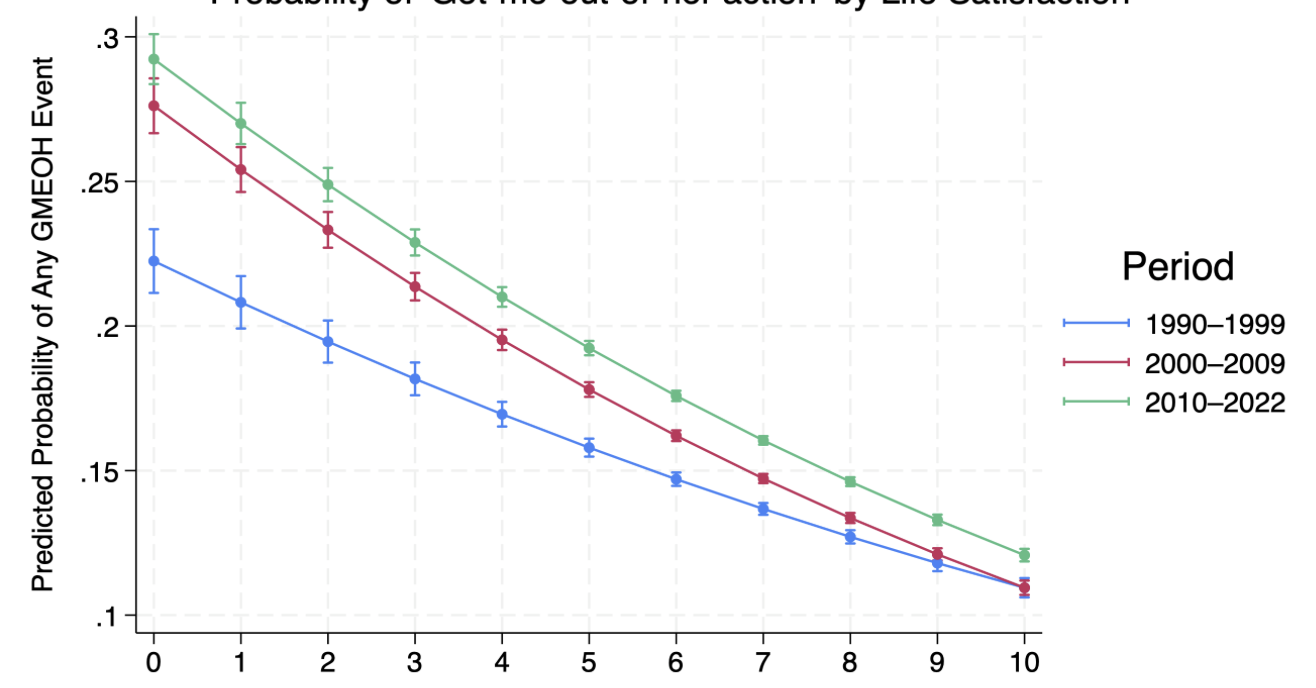We are a small community, but our ideas have the potential to spread far if communicated effectively. Refining our communication means being well calibrated as to how people outside the EA community react to our worldviews. So when MacAskill's article about longtermism was published last month in the NYT, I was pretty interested to see the comment section. I started to count various reactions, got carried away, and ended up going through 300 or so. Below is a numerical summary.
Caveats
- Selection bias is present. I would guess NYT commenters skew older and liberal.
- It's possible the comments don't reflect overall sentiment of the article's readers, because people might only feel compelled to comment when they are strongly skeptical, undercounting casually positive readers.
- Many people signaled they felt positive towards the article and longtermist thinking, but were entirely pessimistic about our future -- basically "This is all well and good, but _". Sometimes it was hard to know whether to tally these as positive or skeptical; I usually went with whichever sentiment was the main focus of the comment.
- For the most part, this survey doesn't capture ideas people had to help our long term future. Some of those not tallied included better education, fusion power, planting trees, and outlawing social media.
Tallies
- 60 - Skeptical -- either of longtermism, or our future
- 20 - Our broken culture prevents us from focusing on the long-term
- 16 - We're completely doomed, there's no point
- 7 - We are hard-wired as animals to think short term
- 7 - Predicting the future is hard; made up numbers
- 5 - We don't know what future generations will want
- 5 - We don't even value current lives
- 3 - I value potential people far less than current people
- 3 - It's easy to do horrific things in the name of longtermism
- 2 - This is ivory tower BS
- 42 - Generally positive
- 17 - This is nothing new (most of these comments were either about climate activism or seven generation sustainability)
- 7 - This planet is not ours / humans don't deserve to survive
- 7 - We should lower the population
- 6 - This is all about environmental sustainability
- 6 - Animals matter too
- 5 - Republicans are terrible
- 4 - Reincarnation might be true
- 3 - We should ease up on technology
- 2 - Technology will save us
- 1 - Time travel might be true
- 1 - Society using carbon is a good thing
- 1 - This idea is un-American
- 1 - This is all the fault of boomers
- 1 - Stop blaming boomers
Takeaways
Overall, I found the responses to be more negative than anticipated. The most common sentiment I saw was utter pessimism, which I worry is a self-fulling prophecy.
There was very little reaction to or discussion about the risks of bioweapons and AI. Many people seemed to substitute concern for our long-term future solely with concern for the environment. This is understandable given the prominence of environmentalism -- it's already top-of-mind for many.
I think people struggled to appreciate the timescale proposed in the article. Many referenced leaving the Earth a better place for their (literal) grandchildren, or for seven generations from now, but not thousands of years.




People should do shit like this more often!